Are you a good listener? Would those you interact with say that you are a good listener? What makes you say someone is a good listener? What do they do? What do they not do?
Listening effectively, deeply, and with understanding is a key skill of highly effective leaders. Many years ago, I read, studied, and worked to implement Stephen Covey’s Seven Habits of Highly Effective People. At this moment I could not list all seven habits but the one that has stuck with me the most and I have worked hardest to implement is, “Seek First to Understand, then to be Understood”. Seems easy enough, but yet it has been one of the hardest for me to do successfully on a day to day basis. It is the one law that I still work every day to implement.
I am convinced we do not naturally listen effectively. We too quickly want to give our opinion, push our agenda, and show others how much we know. Even when others would say we are listening we are only listening as we look for the opportunity to interject our opinion, knowledge, agenda, etc.
How do you improve your ability to listen? It starts by truly seeking to first understand the other person. Think about a conversation you had with someone in the past day. Would you be able to restate clearly the point they were making back to them and if you asked them would they agree that you understood them correctly? If you could not remember, then you were not listening.
There are a couple of great exercises to improve your ability to listen. Pick a partner to try this with and pick a topic to discuss. Your partner states their viewpoint and you restate that view back to them. You cannot state your view until your partner agrees that you have restated their viewpoint accurately. You then switch and they do the same for you.
Another technique to improve your ability to listen is to pick a partner who has the opposite viewpoint on an issue you are passionate about. You each argue the other side of the issue. This will help you gain understanding and empathy for the other point of view.
Asking questions for clarification and understanding is an effective method to gain this understanding. Make sure the questions are to clarify and understand and not to push the conversation toward the point you want to make.
During times like this crisis, it is critically important to be a good listener. People want to be able to express their concerns, fears, and feelings and feel like they are being heard. They want someone to listen and understand. Often listening effectively and asking clarifying questions is enough for them to feel better and move forward. You don’t have to come up with a solution. Spending time listening, understanding, and empathizing is enough. As you listen and gain understanding you will gain knowledge. This knowledge and understanding can help you pivot and provide what is needed to move those you interact with in a positive direction. You will gain the knowledge needed to effectively lead your organization into an unknown future. You will only get this input and understanding if you first take the time to listen and gain deep understanding.
What are you doing today to effectively listen to someone important to you?


